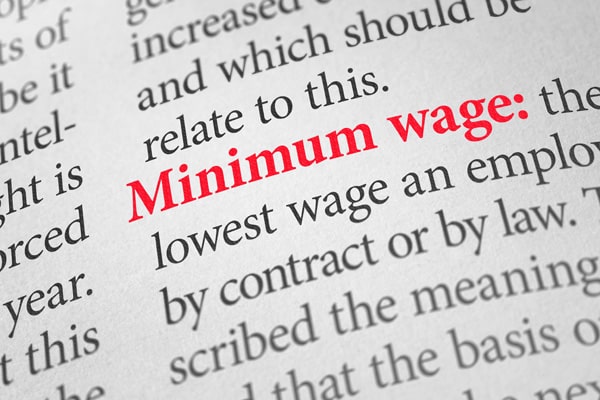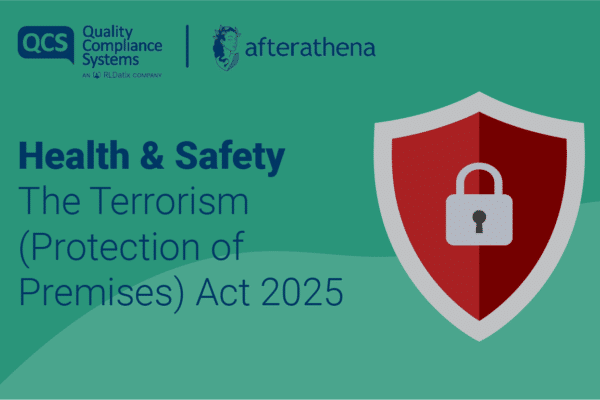Changes to National Minimum Wage following the Department of Business, Energy and Industrial Strategy Consultation
The DBEIS recently concluded its consultation into changes and enforcement of the National Minimum Wage and it is expected that the changes will be given legal effect once they have been through the usual law-making process in Parliament. A summary of the outcomes of this consultation are below:
National Minimum Wage Naming Scheme
The Government announced the reintroduction of the National Minimum Wage Naming Scheme which publicly names employers who fail to pay their workers National Minimum Wage. The Government remain absolutely clear that anyone entitled to be paid minimum wage should always receive it and that enforcement is essential to protect workers.
The scheme will also continue to support employers who comply with NMW legislations. The scheme is designed to act as a deterrent to unscrupulous employers and to ensure companies continue to pay their staff fairly and comply with NWM rules. The Government recognises that some employers are more likely to respond to the social sanctions that may arise of their payment practices being made public, than from financial deterrents
Previously employers who owed their workers £100 or more in NMW arrears were publicly named. However, the Government have revised this and introduced a fairer amount for the employer in raising the threshold to £500. Companies who underpay by less the £100 will have the chance to correct their mistake without being named. This should address concerns around genuine errors causing significant reputational damage as the higher threshold is much more indicative of a conscious decision not to pay NMW rather than a simple mistake.
The revised scheme will also provide more information around the reasons for the employer’s breach and naming of employers will be more frequent. Any employer that breaks the law will be issued with a Notice of Underpayment from HMRC which details the arrears to be repaid together with a penalty for non-compliance. Both must be paid within 28 days, unless the employer has appealed.
The Government acknowledge that it can be difficult for small or new businesses to navigate this area of law and may sometimes fall foul; therefore the Government had endeavoured to support these businesses, improve guidance, offer tools such as helplines to improve compliance and to ensure they understand what is required of them under the NWM regulations.
Salaried Hours Workers
The Government is also widening the range of pay arrangements available to business employing ‘salaried hours workers’.
Salaried hours workers receive an annual salary in equal installments for a set number of contracted hours. Under current law workers will not be classed as ‘salaried hours’ if they are paid every 2 or 4 weeks. Furthermore under current rules, if a worker received a premium payment they are prohibited from being treated as salaried workers.
These changes to current regulations include:
- additional payment cycles for salaried workers, including fortnightly and 4-weekly cycles;
- allowing employers to choose the ‘calculation year’ fit for their workers;
- ensuring salaried workers can receive premium pay, for example for working on Bank Holidays, without losing their entitlement to equal and regular instalments in pay
The changes are to provide flexibility in how salaried workers are paid to ensure businesses employing these workers are less likely to caught out by the NMW legislation whilst still protecting workers.
The changes are expected to come into force on 6 April 2020, subject to Parliamentary approvals.
Salary sacrifice
A direction has also been issued regarding cases where NMW underpayments have arisen as a consequence of employer deductions from pay. If, following an investigation, the only reason NWM was underpaid was because the employer made a deductions from a worker’s pay or enrolled them in a salary sacrifice (with the worker’s consent) and the worker has received the correct benefit as a result of that deduction, then the employer will not face a penalty. This direction specifically does not apply to items connected with employment such as uniform.
The changes are promised to ensure that businesses are complying with modern pay arrangements and continuing to protect workers whilst also reducing the burden on the business.






